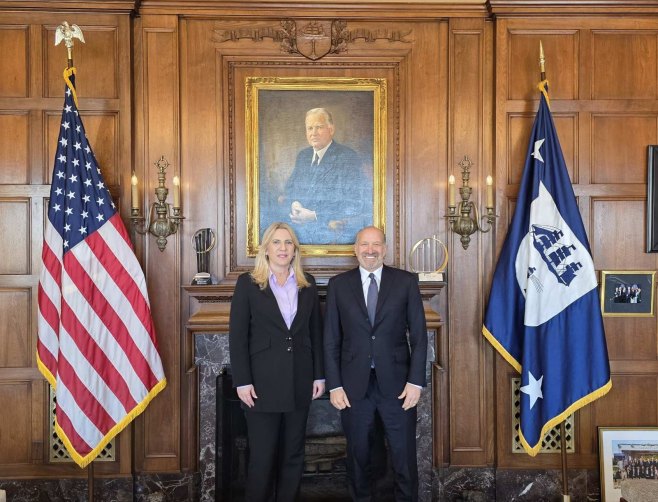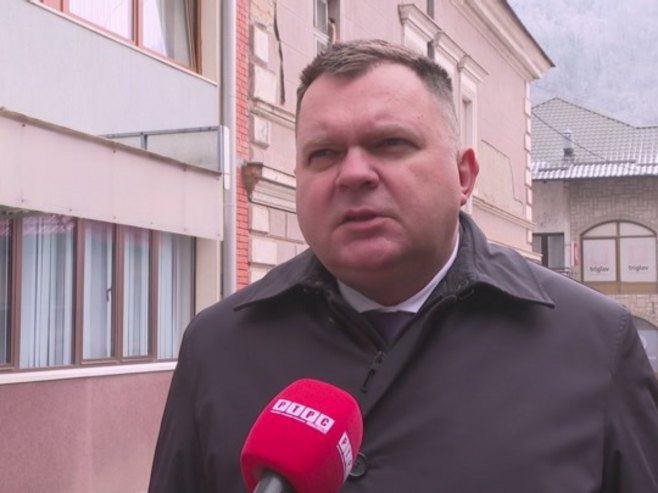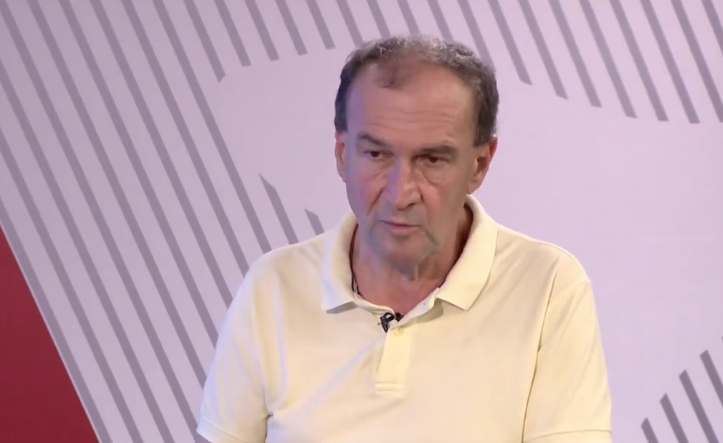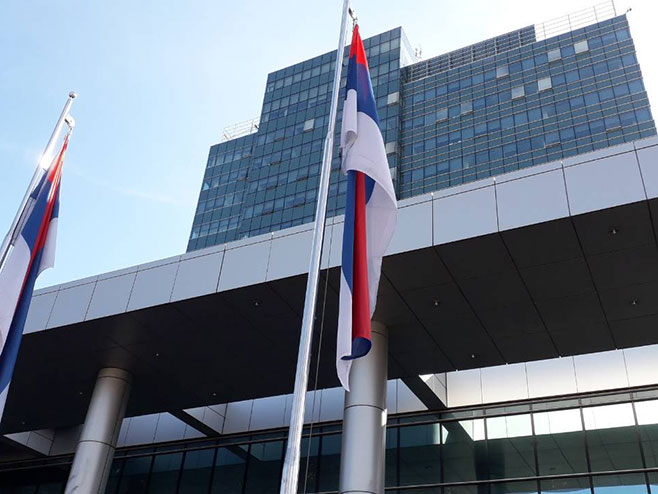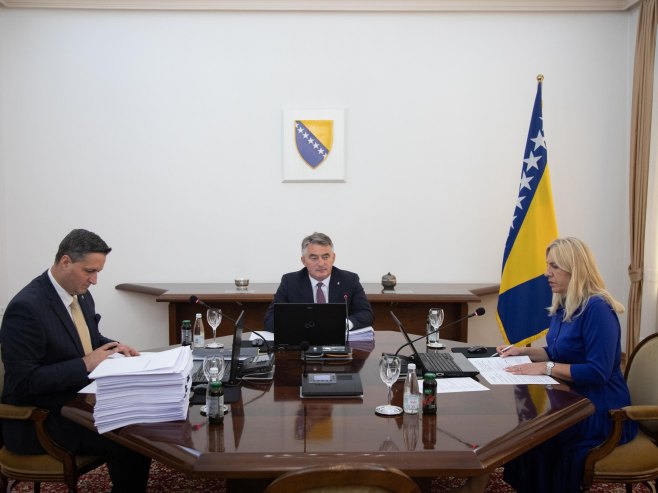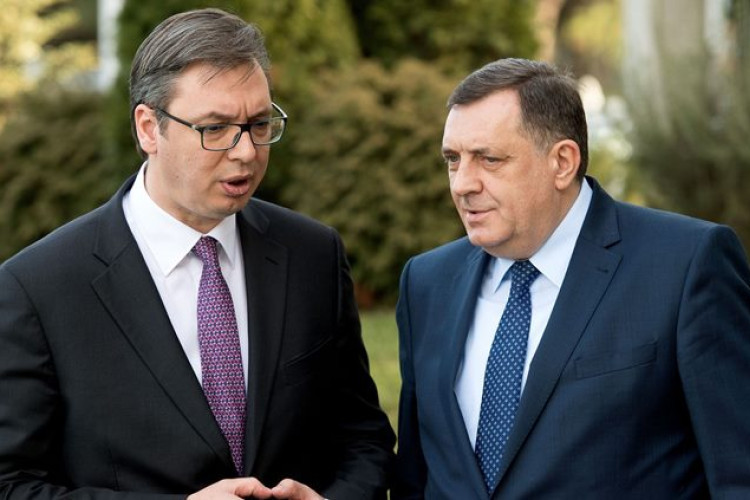Professor of International Relations at the Faculty of Political Science in Banja Luka, Miloš Šolaja, emphasized that the speech by Željka Cvijanović, the Serb member and Chairwoman of the Presidency of Bosnia and Herzegovina, delivered in Dayton, represents a recurring position of Republika Srpska—a persistent call to return to the original provisions of the Dayton Peace Agreement and the need for internal dialogue within BiH.
“This has been a constant theme for Republika Srpska, which insists on reinstating all the solutions outlined in the original Dayton Agreement, including reversing those decisions imposed or otherwise forced by high representatives and other foreign political actors. The original form is the formula that succeeded in establishing peace in BiH,” Šolaja said in a statement to SRNA.
He recalled that few believed the Dayton Peace Agreement would last or ensure long-term peace. Yet, for 30 years, BiH has lived in peace, although under considerable external pressure—especially from a series of high representatives—who have sought to undermine the internal balance established by the agreement, thus increasing the risk of renewed crisis.
Šolaja stressed that one side of the political spectrum in BiH advocates for internal dialogue between the constituent peoples, their legitimate representatives, and institutions. This approach, he said, is the only viable path toward lasting and stable peace in BiH—without the interference of international actors who have continuously disrupted the balance intended to end the war and move the country toward development.
He underscored that the outcome of such dialogue should be solutions acceptable to all.
Commenting on calls for a so-called “Dayton II,” Šolaja said that such demands are unrealistic. “Those who believe international representatives will grant one side an advantage overlook the fact that any new agreement would require consensus among all original signatories of the Dayton Agreement—including Russia, Serbia, and one of the contracting parties—Republika Srpska.”
Source: RTRS
